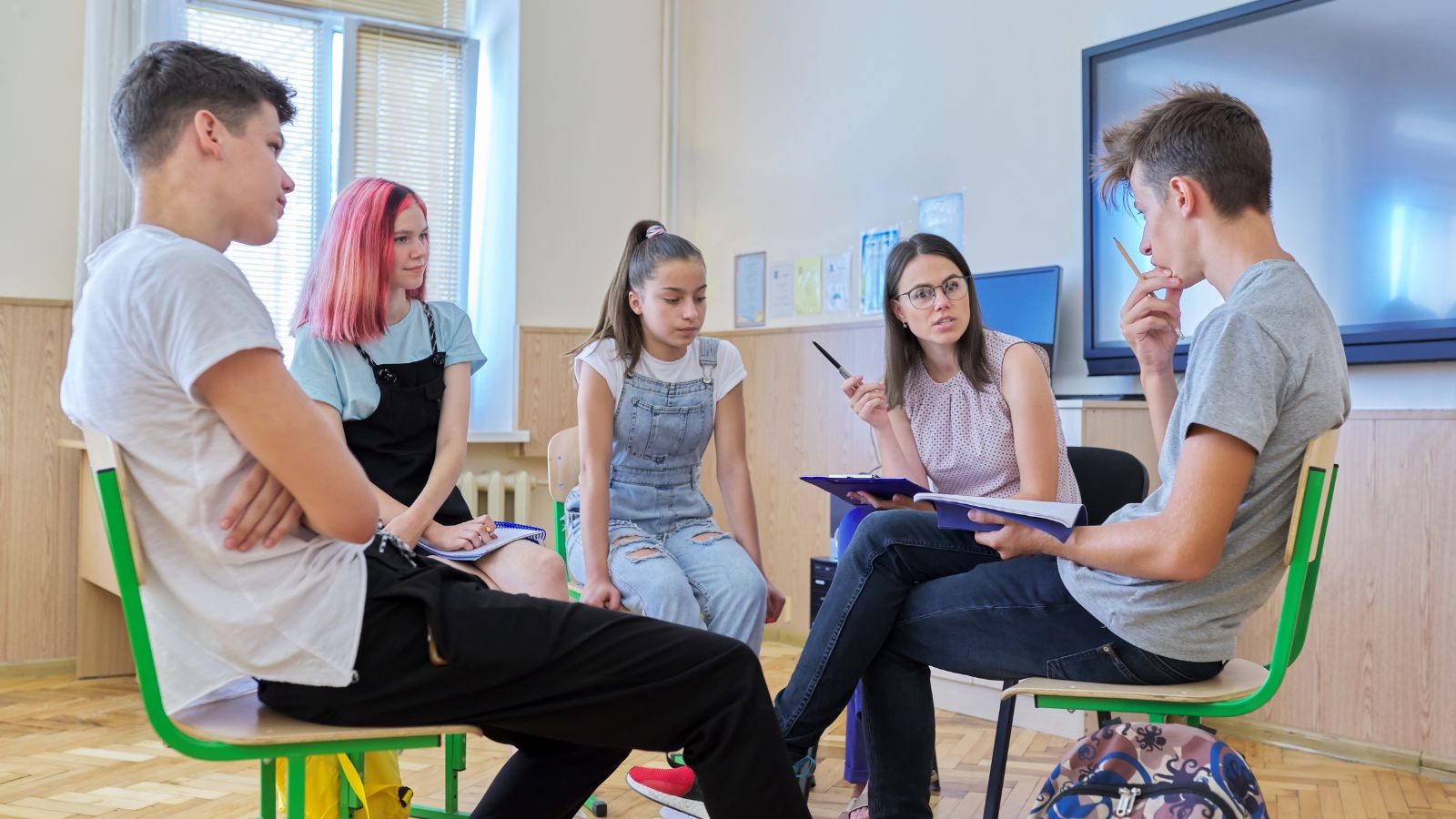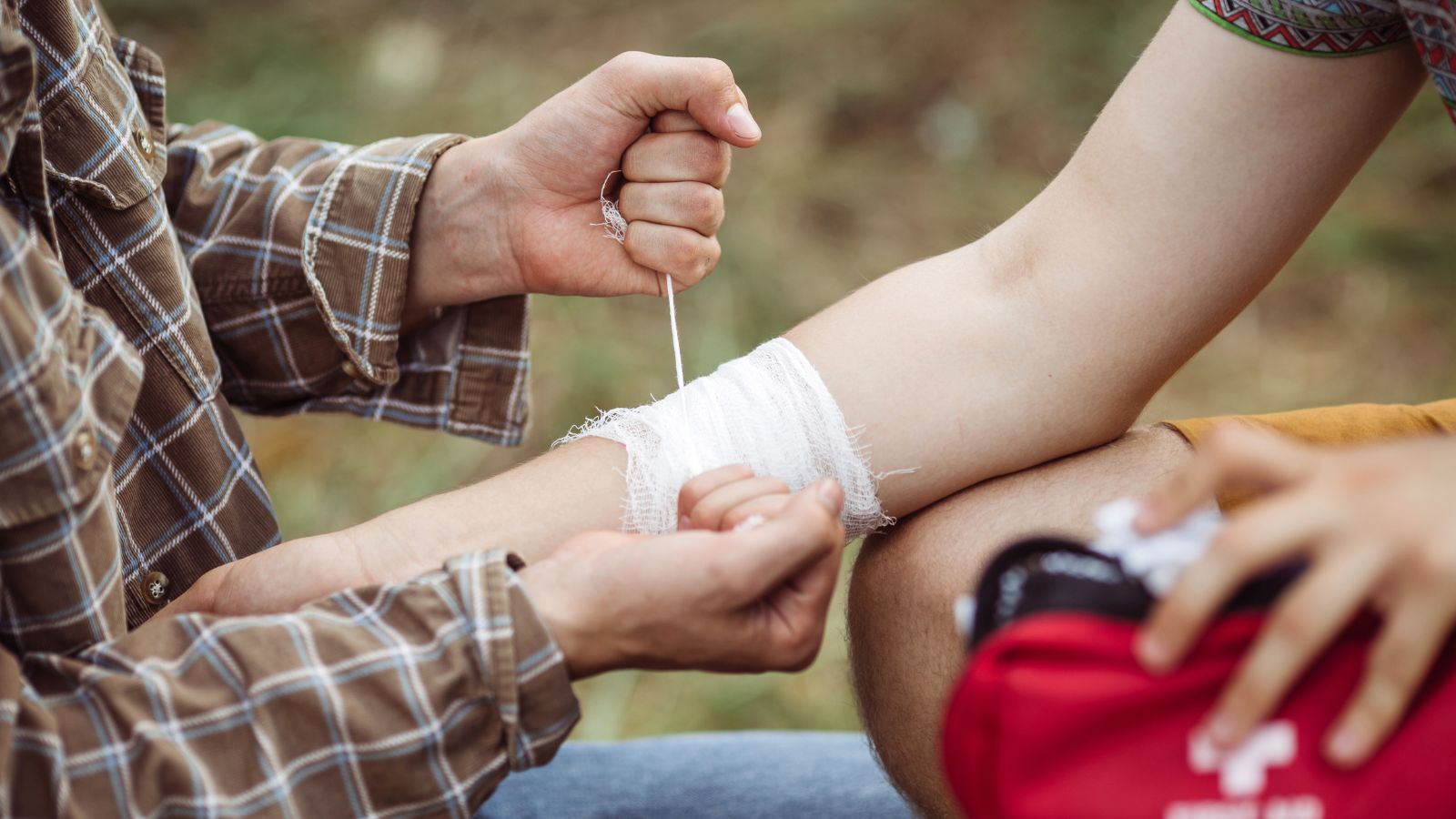Schools have changed a lot over the years, and many important skills that used to be taught in classrooms aren’t anymore. Unfortunately, this affects how well our kids can handle everyday life and solve real-world problems. Let’s look at these 20 forgotten but important abilities that helped shape earlier generations.
Handwriting

With computers and tablets everywhere, schools don’t focus much on good handwriting these days. According to Scientific American, this affects our kids’ fine motor skills and brain development since writing by hand helps us remember information better and be more creative. Sadly, many teachers now prioritize typing over traditional writing methods.
Basic Car Maintenance

Changing a tire or checking oil levels used to be common knowledge taught in schools. Now, many young adults find themselves stuck on the side of the road, unable to do simple car maintenance. Knowing these basic skills can save money and keep you safe when driving, so modern education shouldn’t ignore it.
Sewing

Back in the day, fixing clothes and sewing on buttons were standard lessons in home economics classes. Sewing is a valuable skill that helps us be more self-reliant and reduce waste. However, this skill has mostly disappeared from school programs, and many students can’t repair their own clothes anymore.
Cursive Writing

Cursive writing helps brain development and makes writing more personal. This elegant way of writing used to be really important in education, but schools teach cursive writing much less now. Sadly, many students have trouble reading old documents or letters from their grandparents today.
Time Management

While schools assign plenty of work, they often forget to teach effective time management strategies. Students often struggle with balancing their workload and personal lives, so this skill is crucial for success. Learning to manage time well can make a huge difference in productivity and stress levels.
Critical Thinking

Unfortunately, schools are also focusing less on teaching students to think critically. Instead, they often prepare for standardized tests by memorizing facts, which doesn’t help students learn to solve tricky problems or make good choices. Learning to think critically is really important in today’s world, where we’re surrounded by so much information.
Cooking

Many students finish school without knowing how to cook basic meals, leading to eating unhealthy food and buying a lot of pre-made meals. Learning to cook helps people be more independent, understand nutrition better, and save money. It’s a useful skill that helps people stay healthy and manage their money better.
Money Management

Financial literacy is rarely taught in depth at schools despite it being crucial for a stable adult life. Many students graduate without understanding how to create a budget or manage credit, which puts them at risk of making poor financial decisions with long-term consequences, so it shouldn’t be ignored in schools.
Basic Home Repairs

Fixing a leaky faucet or patching a hole in drywall were also common skills taught in school. Now, many young adults find themselves dependent on professionals for simple home maintenance tasks. Learning basic repairs empowers students and can save them significant money over time.
Map Reading

GPS technology has made traditional map reading a thing of the past in many classrooms. However, understanding maps develops spatial awareness and problem-solving abilities and can be crucial when technology fails or when you’re in areas with poor signal.
Etiquette and Social Skills

Good manners help people get along better with others and create new life opportunities, but schools don’t teach manners and social skills as well as they used to. Many students don’t know how to behave in different situations, which can cause personal and work problems.
Memorization Techniques

With information readily available online, memorization techniques are rarely taught now. However, strong memory skills improve learning across all subjects. These techniques increase focus, retention, and cognitive function, so they’re valuable tools for lifelong learning and mental agility.
Conflict Resolution

Schools often rely on zero-tolerance policies instead of teaching effective conflict resolution, so students miss out on learning how to navigate disagreements constructively. This skill is essential to emotional intelligence and social competence and is vital for personal relationships and professional success.
Gardening

Gardening classes have largely disappeared from school curricula. This hands-on skill teaches patience, responsibility, and environmental awareness, which are all really important concepts. Gardening also provides a connection to nature that’s increasingly rare in our digital age.
Research Skills

Even though there’s a lot of information online, many schools don’t teach students how to research properly, so they have trouble finding trustworthy sources and figuring out what information is good. Knowing how to research well is important for doing well in school and making smart choices. These skills help students think for themselves and understand everything better.
Public Speaking

Public speaking instruction has also stopped in many schools, but this essential skill builds confidence and improves communication abilities. Many students fear public speaking due to a lack of practice. It’s a powerful personal and professional development tool, enabling effective leadership and persuasion.
Basic First Aid

First aid instruction is no longer a priority in many schools, and students often graduate without knowing how to perform CPR or treat minor injuries. However, this knowledge can be life-saving in emergency situations, as it empowers individuals to respond effectively, potentially saving lives.
Analog Clock Reading

With digital clocks everywhere, fewer students learn to read analog clocks, but this skill helps kids understand time better and improves their spatial thinking. Reading these clocks also helps people understand older books and documents that mention time. It’s a simple skill but surprisingly good for brain development.
Emotional Intelligence

Schools often overlook teaching emotional intelligence, although this skill helps students understand and manage their own feelings, as well as recognize emotions in others. Many kids struggle with stress, anxiety, and social conflicts because they lack these skills. Learning emotional intelligence can improve relationships, reduce bullying, and prepare students for future challenges in life and work.
Basic Woodworking

Many schools have phased out woodworking classes, no longer teaching students how to create and repair simple wooden objects. Working with wood improves hand-eye coordination, spatial awareness, and problem-solving skills. It also gives students a sense of accomplishment and can lead to useful DIY abilities for their future homes or even potential careers.
Up Next: 20 Personal Things You Should Never Share With Others

Building meaningful connections with others requires a certain level of transparency and trust, but that doesn’t mean you have to tell your friends and family members everything! Some aspects of our lives are too personal, incriminating, or risky to share. This article explores 20 aspects of your personal life that you should always keep confidential.
20 Personal Things You Should Never Share With Others
18 Things Everyone Forgets to Include in Their Will—But Shouldn’t

Wills and estate plans are essential ways to ensure what will happen to your belongings and property when you die or are incapacitated. However, people often forget to include important information in their wills before it’s too late, complicating matters for their descendants. Here are the 18 common things people forget to include in their will.
18 Things Everyone Forgets to Include in Their Will—But Shouldn’t
18 Items at Walmart that Aren’t Worth Your Hard-Earned Money

For many of us, Walmart is the go-to superstore. Whether we need groceries, clothing, or technology, Walmart is a one-stop shop for everything you would need. However, there are some Walmart products you should avoid at all costs, such as the following 18 examples.
18 ITEMS AT WALMART THAT AREN’T WORTH YOUR HARD-EARNED MONEY
